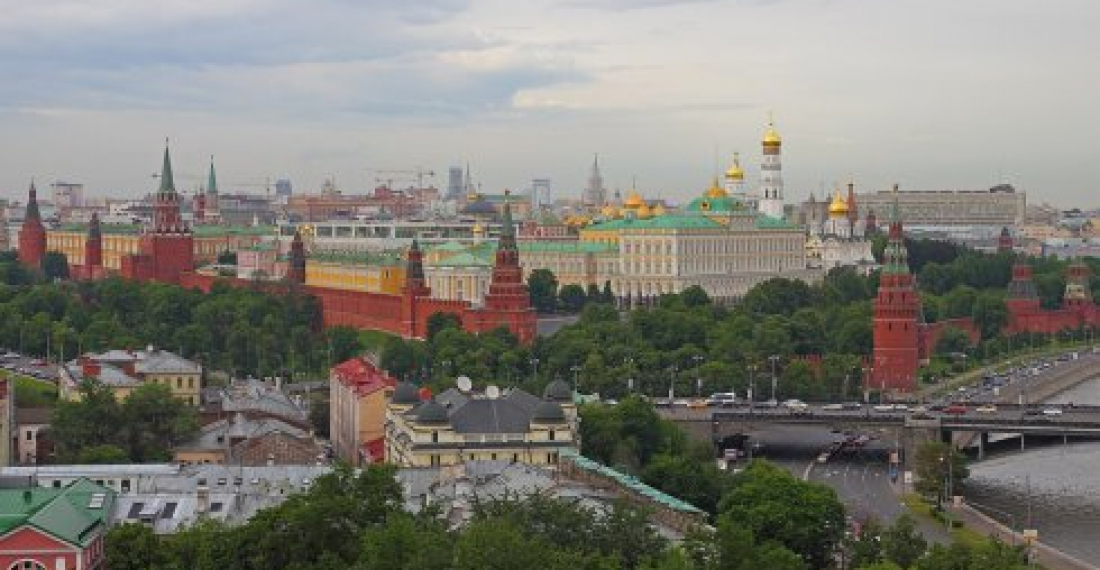Updated at 1000 CEST (12 noon Baku/Yerevan)
The Russian foreign ministry confirmed on Friday morning that both Armenia and Azerbaijan had agreed to participate in the talks.
It was also reported that the Azerbaijani foreign minister on Thursday evening had discussions with the three co-chair of the OSCE Minsk Process. The talks were reported to have lasted until the early hours of Friday morning. Both the co-chairs and the foreign minister are now reported to be on their way to Moscow.
____________
The Kremlin announced on Thursday evening that the foreign ministers of Armenia and Azerbaijan have been invited to Moscow to meet with the Russian foreign minister and discuss a cease fire.
"After a series of phone conversations with Azerbaijani President Ilkham Aliyev and Armenian Prime Minister Nikol Pashinyan, the president of the Russian Federation is making a call to cease the current hostilities in the Nagorno-Karabakh conflict zone for humanitarian reasons, with the aim to carry out a swap of dead bodies and prisoners," the Kremlin press service said in a statement.
"In order to hold consultations on those issues, mediated by the Russian foreign minister, the foreign ministers of Azerbaijan and Armenia are invited to Moscow on October 9".
Earlier it was reported that the foreign minister of Azerbaijan had met representatives of the three OSCE Minsk Group co-chair countries (France, Russia and the United States) in Geneva on Thursday to convey the Azerbaijani conditions for a cease fire.
In the meantime the Russian news agency TASS reported a relatively quiet night in the town of Stepanakert, the administrative centre of the self-declared Nagorno-Karabakh Republic, which in the last days has been under heavy shelling by Azerbaijani forces."The intensity of shelling in Stepanakert, the capital of the unrecognized republic of Nagorno-Karabakh, subsided on Thursday night, with only two or three blasts heard in the past six hours", a TASS correspondent reported from the city early on Friday. The agency said that "the armed forces of Azerbaijan stepped up artillery fire and drone attacks on the city on Thursday morning and in the afternoon. The situation improved on Thursday evening, with practically no blasts heard and air raid sirens staying silent. Blackout measures are in place in the city: all street lights are out, the majority of windows also remain dark."
source: commonspace.eu with TASS news agency (Moscow) and other agencies
photo: The Kremlin, Moscow (archive picture)






